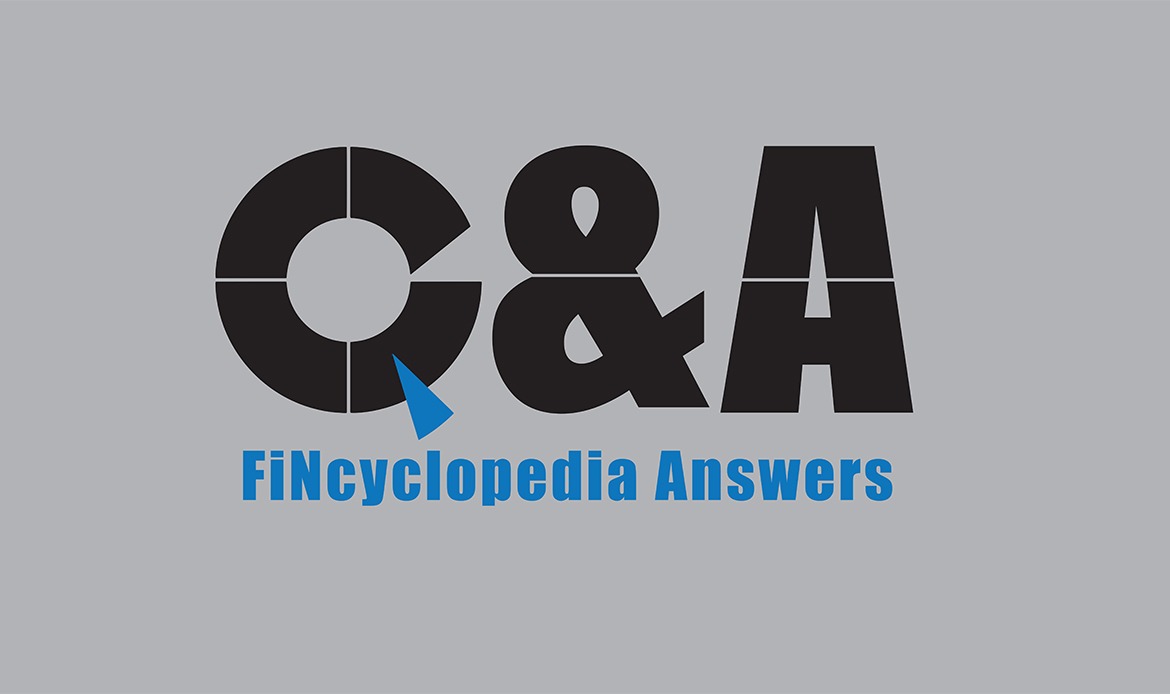Murabaha (cost-plus sale) is a type of ba’i (sale) in which the seller is under obligation to reveal the actual cost of the object of sale to the buyer. The two parties mutually agree on the mark-up (profit) and the repayment terms and conditions. The object of sale (commodity) must exist at the time of sale and the seller must have physical possession thereof. The following figure illustrates the structure of a murabaha contract:

The contract of murabaha can be concluded through the following steps:
- The potential buyer orders a commodity, and promises to pay for it with profit.
- The seller accepts the order.
- The seller procures the commodity (i.e., has possession thereof).
- The seller offers the commodity to the orderer.
- The orderer decides to buy the commodity. If the promise (wa’ad) is binding, the orderer simply takes possession of the commodity and either pays the price (cost + mark up) immediately or undertakes to pay the price in regular installments or in one balloon payment.





Comments